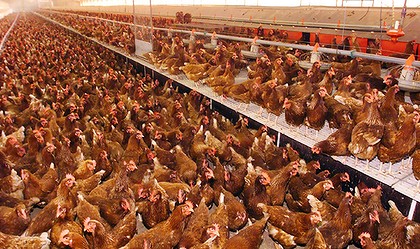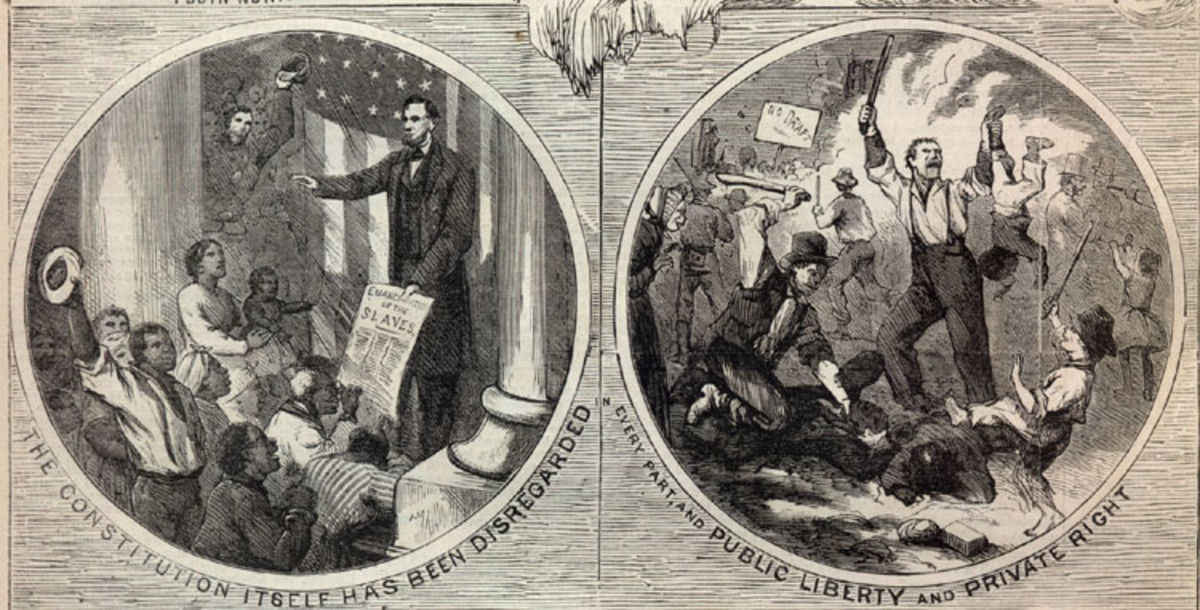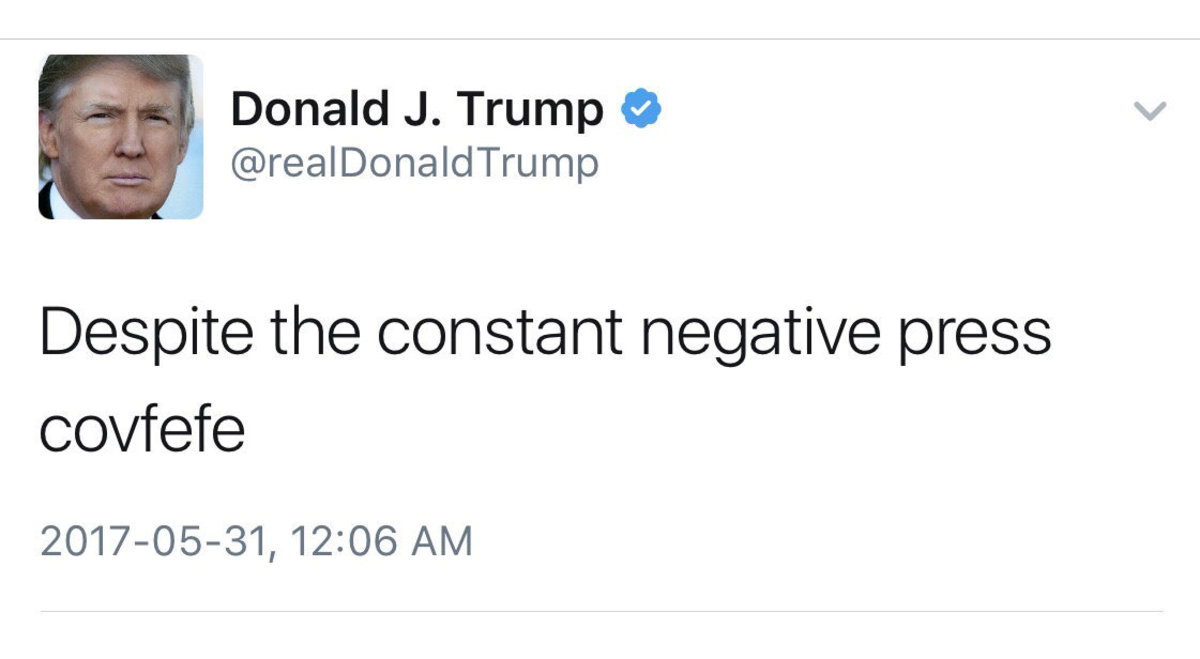Missouri Lays Egg on California - A Case of the Commerce Clause vs the Immorality of Caged Egg-laying Chickens [236*2]
Got a Strong Stomach, the Way We Treat Other Living Creatures for the Sake of a $$ Is Not Pretty
California 2008 Proposition 2 - The Prevention of Farm Animal Cruelty Act
IN 2008, CALIFORNIA VOTERS OVERWHELMINGLY PASSED A LAW, to take effect Jan 1, 2015, which would regulate the size egg-laying hens, and other animals, of cages were kept in. The size was increased to provide humane conditions in which these animals could live while serving Californians. This is one of those ethics vs bottom-line issues and in 2008, Californians came squarely down on the side of morality over the greenback. Even so, the cost cannot be ignored.
The issue for the voters was whether California farmers can treat animals inhumanely for a profit; and the answer was a resounding NO. This causes an obvious problem for farmers, however. for to comply with the new laws by 2015, they must make further investments to modify their farming techniques plus the recurring cost of production will rise accordingly. This may not be a long-term problem if the farmers are ingenious enough to find other ways to cut the cost of production.
It does, on the other hand and at least in the short-term, put them at a competitive disadvantage with out-of-state farmers who continue to use inhumane production methods. Consequently, they ask the California State Legislature to provide relief. Sacramento did just that by passing a law that forbid any out-of-state farmers who do not comply with Proposition 2 to sell their product in California (I moved to the more general term of "product" since it isn't just egg-laying hens that Prop 2 addresses.)
This Scene Speaks for Itself

Enter the Show Me State
THIS DECISION BY CALIFORNIA DIDN'T SIT WELL WITH the State of Missouri. It's not that Missouri is a big egg producer, with only 1.7 million eggs when compared with California's 5.5 billion or Iowa's 14.4 billion; but California accounts for 1/3 of Missouri's total egg sales. First Missouri hoped the effort by Big Agriculture to get a provision put into 2014 Farm Bill that would make federal law override California law would succeed. Failing that, the Missouri Attorney General filed suit in federal court to block California by claiming their action violates the Commerce Clause of the Constitution.
The Commerce Clause, Article 1, Section 8, Clause 3, the same one that the Democrats bet the farm on in justifying the Obamacare fines and lost, states:
"To regulate Commerce with foreign Nations, and among the several States, and with the Indian Tribes."
I suspect Missouri might also rely on the Import-Export Clause, Article 1, Section 10 Clause 1 which says:
"No State shall, without the Consent of the Congress, lay any Imposts or Duties on Imports or Exports, except what may be absolutely necessary for executing its inspection Laws: and the net Produce of all Duties and Imposts, laid by any State on Imports or Exports, shall be for the Use of the Treasury of the United States; and all such Laws shall be subject to the Revision and Controul of the Congress."
Given how the Supreme Court narrowed the meaning of the Commerce Clause with their 5-4 ruling that Federal government cannot use this clause to regulate interstate insurance, it is not clear how they might rule in this case. I don't know yet if any other precedents have been set in other Courts, but with California pushing the envelope in regulating food and other environmental initiatives.
In Missouri's favor is a recognition by James Madison during the Constitutional Convention that states cannot tax imports to protect native industries. This idea ended up being the Import-Export Clause. A question one might ask is how different is prohibiting the import of a product is produced in violation of a California law for the purpose protecting the native industries which must abide by the law from "taxing imports"?
Obviously the prohibition is not a tax, but does it serve the same purpose?
What Are The Peoples Rights
I DON'T THINK THIS WILL BE CONSIDERED IN ANY COURT CASE, but about the rights of the people of California to have a say what can and cannot be sold in their state if it offends their sensibilities; which the torture these chickens and other animals are put through should? Obviously, they get what they want by California barring eggs produced in such a horrific manner from being sold there.
But, that wasn't the purpose of the law, was it? The law was passed to protect California chicken farmers. If the anti-cage law against egg importers were passed solely to satisfy the voter's decision, I don't think it could stand up to court challenge; nor should it. As much as I agree with the purpose of Prop 2, it shouldn't be used to bar interstate commerce.
Instead, I think what California should do is require packaging to clearly display what method was used to produce the eggs, maybe including graphic pictures. That way, consumers can make an informed choice and the producers can still sell their eggs to anybody who doesn't care about the treatment of the chickens.
This may be hurtful to the California chicken farmers, having the consumer choose between a higher priced, humanely produced egg or one that was tortured out of the animal.
... And Your Vote Is?
Do You Agree or Disagree That it is OK to Ban the Use of Caged Chickens in the Production of Eggs?
Amazon on the Treatment of Farm Animals
© 2014 Scott Belford









